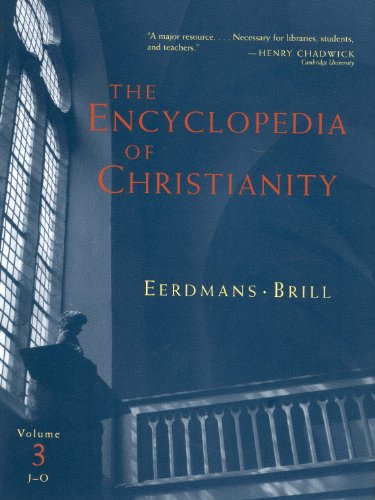GOOD NEWS TO THE POOR: SHARING THE GOSPEL THROUGH SOCIAL INVOLVEMENT
Written by Tim Chester Reviewed By Graham BeynonThis book aims to provide a defence for evangelical social involvement, to outline how evangelism and social involvement fit together, and to examine what social involvement should look like in the light of the gospel. These are excellent aims and such a work has long been needed.
The book begins with an argument for social action by evangelicals. This is well presented, but one deficiency is the grouping together of all kinds of social action being argued for. I would suggest that social care such as provision to those in need requires a different argument to that of working towards social justice, which itself is different to influencing society’s ethics. There are certainly strong connections between these areas but I didn’t feel a robust biblical case was made for all of them.
Chester moves on to outline the relationships between social action, evangelism and the kingdom. This is excellent material, clarifying what are often muddy waters. Chester doesn’t shy away from bold statements that set him apart from many of the other proponents of social action. He argues that people’s greatest need is to hear the gospel and respond in faith, and that the kingdom only comes when Jesus is acknowledged as king. However the dynamics of the gospel also motivate us to lives to love which will result in care. So he says, ‘Proclamation should be central, but a centre implies a context, and our proclamation should take place in the context of a life of love’ (66).
Chester goes on to examine how the gospel is good news both to the poor and the rich. In these chapter he puts his finger on some key issues facing these different groups and shows how the gospel addresses them, for example how the gospel addresses the lies of consumerism.
The remainder of the book outlines the ‘how’ of social involvement that is driven by the gospel. There are great insights here into areas such as the nature of poverty, the functioning of the Christian community, and what development work that respects people and their communities will look like. At times the comments seem less driven by the gospel and more by insights into development work.
An ongoing tension within the book is what difference someone’s Christian status makes. Where Chester is describing the church as a group that should welcome all and care for all he is on firm ground. At other times the argument seems less certain. For example he sees empowering people for service as a central theme in gospel driven social action and rightly says that as human nature is inherently selfish it is the grace of Jesus that will reorientate people to serve others. But he still wants to say that, ‘empowering people for service can take place among those who are not converted’ (143). Maybe so, but I would like some further argument.
The book ends by outlining how the theology of the cross influences how we go about social involvement. Chester rightly criticises the approach of ‘Christendom’ that seeks to have a ‘Christian nation’ where the church accrues political power. Rather it should look for opportunities to serve society and seek to challenge government to exercise its power in a godly way. This is a helpful analysis in many ways, but leaves many questions unanswered.
Overall this is a well written, helpful and provoking read. It is refreshing to have a conservative evangelical writing on this topic. There are several areas I remain unsatisfied with but this remains a ‘must read’ for anyone concerned with this area—which really ought to be everyone.
Graham Beynon
Graham Beynon is pastor of Grace Church in Cambridge, UK and director of independent ministry training at Oak Hill Theological College in London.







